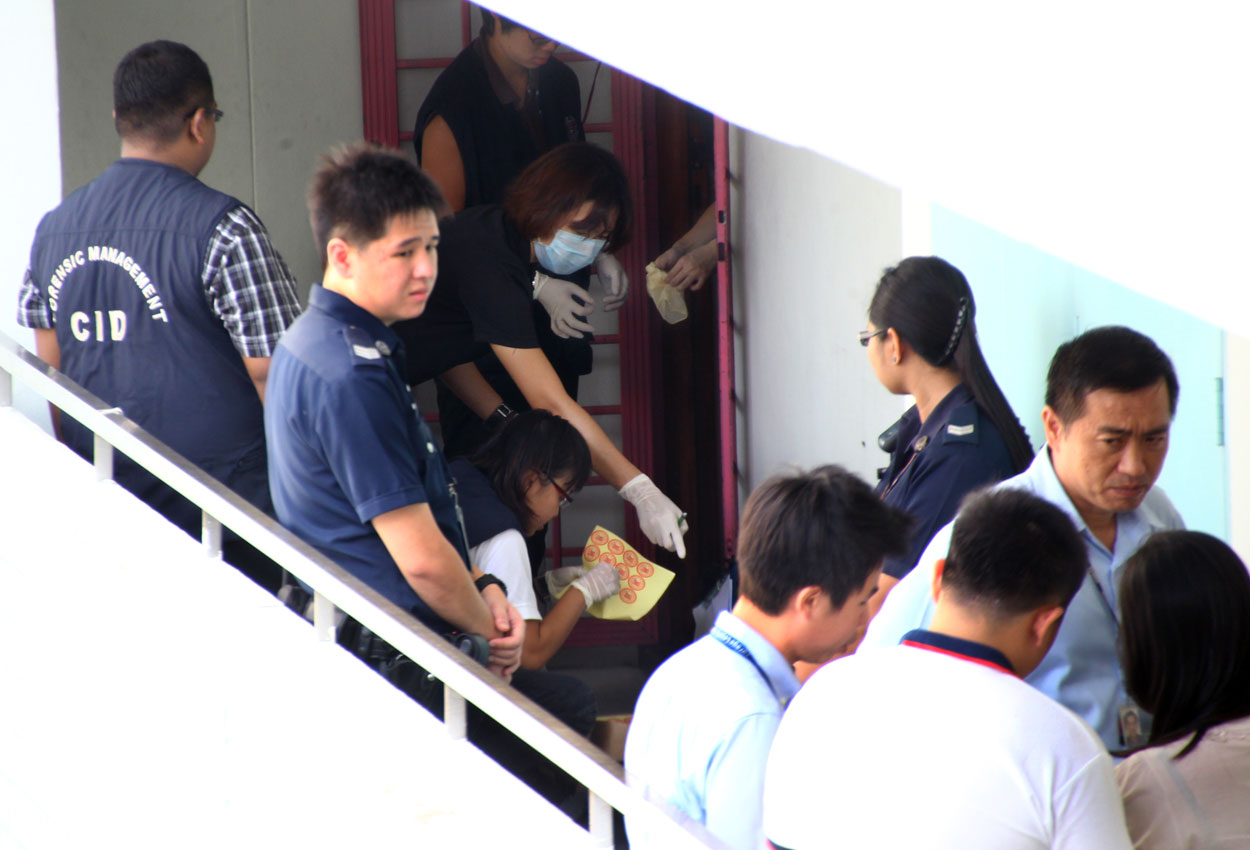For more than three years, a man who was remanded in custody for killing his wife of 21 years received no psychiatric treatment even though he was diagnosed to be suffering from a delusional disorder of the jealous subtype.
This lack of treatment was “unsatisfactory”, observed Chief Justice Sundaresh Menon yesterday, as a three-judge appeal court cut the jail term imposed on Rosdi Joenet, 51, from nine to 7½ years.
“It seems unfair… and mistaken to suggest that the appellant’s prison term should be extended to enable treatment to be carried out in prison, when this situation would not have arisen if treatment had been promptly provided.”
The court allowed Rosdi’s appeal for a lighter sentence given that the killing was a one-off incident which was out of character, that he had a low risk of re-offending and that his family, including his wife’s mother and sister, wished to have him back.
In 2012, Rosdi, a driver, began having delusions that his wife was unfaithful.
He suspected that she was seeing a man who drove a BMW. He tried to get his daughter to spy on her and constantly checked with his wife’s co-workers on her whereabouts.
She denied having an affair.
On the morning of Nov 17, 2012, he woke her up to talk about their problems but his wife chased him out of the room. Rosdi returned with a kitchen knife and repeatedly stabbed her.
He was sentenced to nine years’ jail for culpable homicide in March. The judge took into account as a sentencing factor that he was still not well as he had yet to undergo any treatment in prison for his mental illness and thus needed a longer period in jail to be treated.
But yesterday, Rosdi’s lawyer, Mr Abraham Vergis, argued that it was “unfair and prejudicial” to hold this against his client, when it was something beyond his control.
When the Chief Justice asked why Rosdi was not treated, Deputy Public Prosecutor Wong Kok Weng said the prosecution was trying to find out what happened between the prison authorities and Institute of Mental Health (IMH) psychiatrist Bharat Saluja, who has since left Singapore.
The Chief Justice noted that serious offences committed by mentally disordered persons “can pull the court in different directions”.
On the one hand is the focus on rehabilitation and, on the other, the protection of the public. Rosdi fell into the former category, based on four IMH reports that the risk of reoffending was low, he said.
“The offence here was undoubtedly an outrage as a husband killed his wife with a knife,” he said.
“But the significance of retribution may be attenuated where, as here, those closest to the homicide, namely the children, and the blood relatives of the victim, including her mother and sister, have stated that they seek a reduction of the appellant’s sentence because they have forgiven him.”

This article was first published on Oct 05, 2016.
Get a copy of The Straits Times or go to straitstimes.com for more stories.






